Three Healthcare Organizations Join Forces to Save Lives
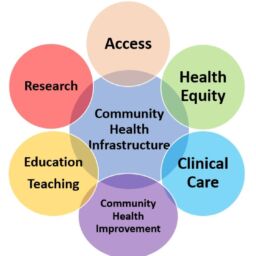
An opportunity for charitable pharmacies to collaborate with oncology practices for non-oncology medications during and after treatment.
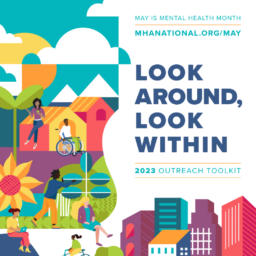
This toolkit, comprised of fact sheets, worksheets, sample communications materials, and sample social media is designed to help aid how you support your own mental health journey, along with your community’s.

NABP Associate Executive Director Josh Bolin on DSCSA compliance prior to FDA moving compliance deadline.
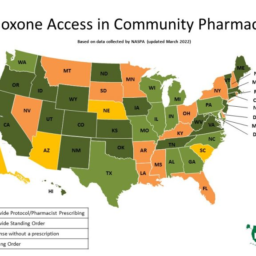
In 2011, the opioid crisis reached astounding levels with over 21,000 deaths adding to the urgency of providing aid to those who most need it

Charitable Pharmacies of America organization member receives Health Equity grant
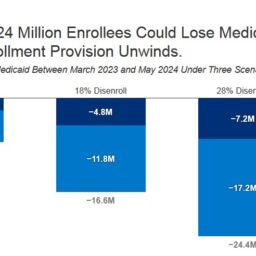
How Many People Might Lose Medicaid When States Unwind Continuous Enrollment?
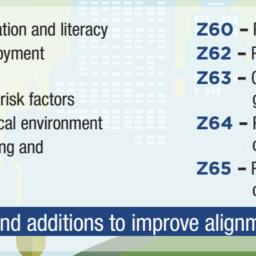
Charitable Pharmacies of America organization member receives Health Equity grant
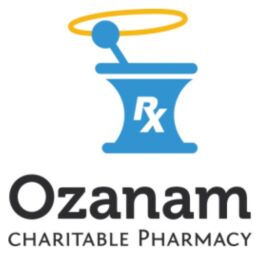
Charitable Pharmacies of America organization member receives Health Equity grant

APPLICATIONS ARE OPEN! – Letters of Intent due 9/15/23
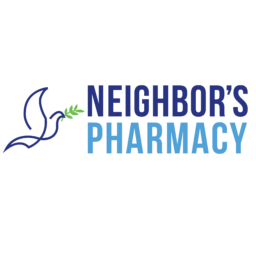
Branson MO: My Neighbor’s Charitable Pharmacy (NCP) will open its doors at 1232 Branson Hills Parkway February of 2023
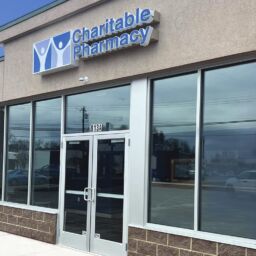
One in four Americans say they struggle to afford their prescription medications. The establishment of this Charitable Pharmacy in Milford will allow patients who live east of Cincinnati better access to care.
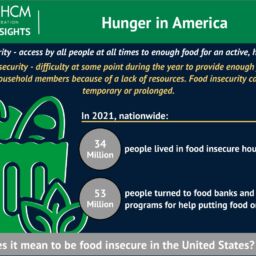
More than 34 million people in the United States were living in food insecure households in 2021, a decline from 38 million in 2020. The combination of the expanded child tax credit, Supplemental Nutrition Assistance Program benefits, and private donations all contributed to reducing food insecurity during the pandemic. Still there is much more work to be done, with food costs spiking 11.4%, the largest annual increase since 1979, inflation factors could easily cause food insecurity to grow.

This study represents a rigorous, multi-state evaluation that highlights the impact of a charitable medication access program on hospital utilization for the medically under-served population.

Using Public Health Detailing to Increase Access and Confidence in COVID-19 Vaccines and Reinvest in Disproportionately Impacted NYC Communities Go…
We estimate that if the PHE expires in April 2023, 18.0 million people will lose Medicaid coverage in the following…

